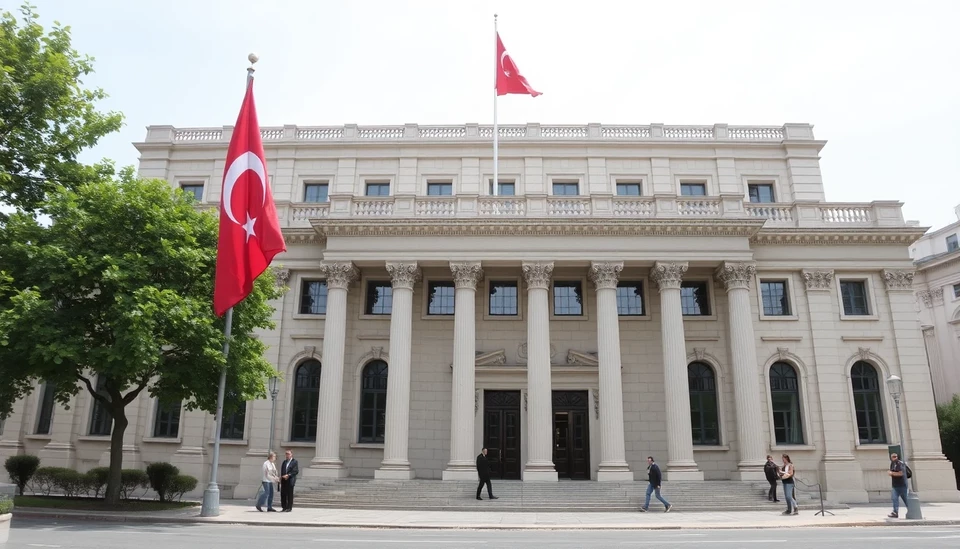
The Central Bank of Turkey has taken a significant step by implementing a second consecutive interest rate cut as part of its ongoing monetary policy strategy. This move, aimed at stimulating economic growth amidst a challenging economic environment, reflects a bold approach to managing inflation and supporting the overall economy.
In its recent policy announcement, the Central Bank reduced the benchmark interest rate to 19% from 20%, continuing a trend established in the previous month when it initially lowered rates. The decision to cut rates has generated mixed reactions among economists and analysts, with some concerned about the potential impacts on inflation and the country's currency, the Turkish lira.
The Turkish economy has faced a multitude of challenges, including high inflation rates that have remained stubbornly elevated. The central bank's leadership, under the guidance of Governor Hafize Gaye Erkan, has insisted that the reduction in interest rates is necessary for fostering growth and encouraging borrowing. By making borrowing less expensive, the bank hopes to stimulate investment and consumption, which are crucial for economic recovery.
Economists have expressed caution over the central bank’s approach, noting that significant interest rate cuts could exacerbate inflation further. Turkey’s inflation rate, which had previously surged to above 80%, has shown signs of moderation but still poses risks to the stability of the economy. As consumer prices rise, many fear that a rapid reduction in rates could lead to renewed inflationary pressures.
This ongoing monetary policy shift also comes against a backdrop of external pressures, including geopolitical uncertainties and fluctuations in global markets that can impact Turkey's economic landscape. The international community remains watchful of how these moves might affect investor confidence and the health of the Turkish lira, which has already seen considerable volatility against major currencies.
Despite the concerns, some analysts argue that the central bank's strategy could yield positive results if executed with caution. The economic outlook remains uncertain, and ongoing monitoring will be necessary to assess the effectiveness of the rate cuts in promoting sustainable economic growth while keeping inflation under control.
The Turkish government's efforts to stabilize the economy will likely continue to draw attention as it navigates the delicate balance between fostering growth and curbing inflation. As further developments unfold, stakeholders in the economy, from consumers to investors, are advised to stay informed and prepared for potential market fluctuations in response to these monetary policy changes.
The central bank's decision stands as a key indicator of its commitment to adapt to changing economic conditions as it strives to position Turkey for a more resilient financial future.
#Turkey #CentralBank #InterestRates #Economy #Inflation #MonetaryPolicy #FinancialNews #EconomicGrowth #TurkishLira
Author: Rachel Greene




